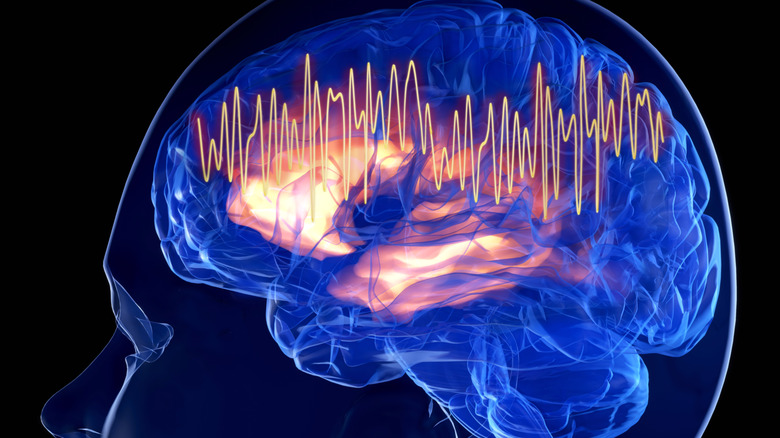Is ChatGPT Changing How Your Brain Works?
Artificial intelligence (AI) has seen a huge surge within just a few years. Apps like Microsoft Copilot promise to help you brainstorm and plan; ChatGPT offers help with homework and professional work. Though some people do not use AI tools based on personal values, others enjoy the efficiency of them. The question is often raised, however, if AI like ChatGPT is making us dumber. More and more research done into the subject seems to be in agreement: Yes, it is.
Not only is AI making us less intelligent, but it is actually changing how our brain works, which could have long-lasting impacts on our ability to learn, solve problems, and think independently. Research points out that not only is this bad for an individual's ability, but also for humanity as a whole. Beyond that, psychological concerns revolve around student use of AI and it being detrimental to their lifelong ability to depend on themselves, tackle their own challenges, and see their own internal worth and ability.
Research also has pointed to AI altering the way humans speak. Commonly used AI words and phrases pop up more and more in human language usage, implying that the machine is now teaching the human. In fact, in a very interesting essay writing study, groups that relied more on their own brains showed stronger overall brain performance and health, whereas groups that relied on Large Language Models (LLM), showed weaker overall brain performance.
How ChatGPT changes how our brain works
A 2025 study currently hosted on the arXiv repository — titled "Your Brain on ChatGPT: Accumulation of Cognitive Debt when Using an AI Assistant for Essay Writing Task" — meant to find out how using AI like ChatGPT when writing an essay could influence brain function. Study participants were divided into three groups, with one group using only their brain to write the essay, a second using internet search engines, and a third using LLM. Electroencephalography (EEG) was used to measure brain activity.
Across three sessions of essay writing, the results were consistent. Participants who used only their brains showed strong brain activity, those who used search engines showed a moderate level, and LLM participants showed the weakest brain activity. After three sessions, the brain-only and LLM-only groups were switched for a fourth and final session. Brain-to-LLM participants displayed enhanced memory and brain activity, whereas the LLM-to-Brain participants showed an underperforming brain.
That wasn't the only concerning finding discovered in this study. The LLM users did not feel an ownership connection to their own work and could not correctly quote the writing in their essays. The LLM participants also performed below search engine and brain-only users in terms of language skills, behavioral skills, and neural connection activity and health. AI is depleting human brain power, and even the Google search AI itself is unreliable.
Other concerns for how ChatGPT impacts the brain
Linguists studying human language usage have found that ChatGPT has also influenced the way we speak and write. A research team analyzed over 22 million unscripted words used online and in podcasts. They found that, post-ChatGPT, there was a marked increase in words that ChatGPT favors. Specific words pointed out were "meticulous," "strategically," "garner," and "surpass."
The research is hosted on the arXiv repository under the title "Model Misalignment and Language Change: Traces of AI-Associated Language in Unscripted Spoken English." It opens up questions about whether the words deemed by AI as good buzzwords will soon dominate language and eventually replace patterns of speech that are unique to each individual.
Similar question also get brought up in research focused on grade school students and how their cognitive development and critical thinking skills will be negatively impacted by ChatGPT and other AI. Psychology professionals emphasize that it is imperative to teach students some basic brain skills so they are not AI-dependent. These include meta-learning (or learning how to effectively learn new things), being able to adapt to changes and create new pathways in your brain, and high self-efficacy, or the ability to believe in your own skills to become better and overcome obstacles. All told, it's important to make mistakes and learn from them to strengthen the brain, which is something that cannot happen if ChatGPT does the all thinking — for students and adults alike.


